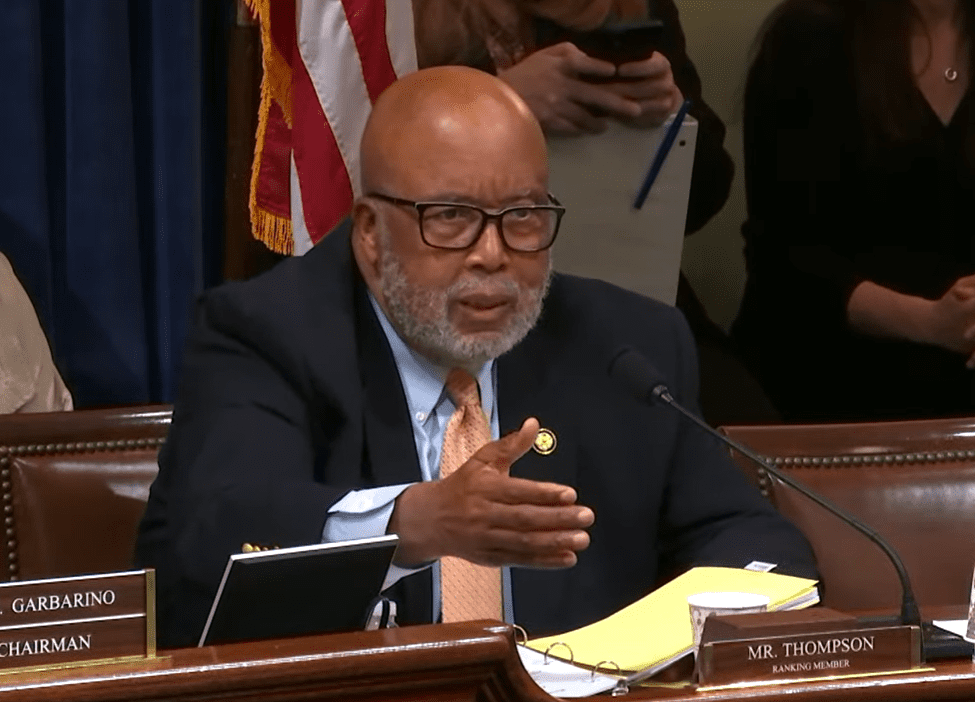BRIAN PERRY/Hacking the election
Some voting machines can be hacked or damaged even when not connected to the Internet. But that was true with old mechanical devices as well when crooked operators could reverse the counting mechanism to turn an opponent’s expected 60 percent winning precinct into a 40 percent losing precinct.
Today, professors and students at the Center for Information Technology Policy at Princeton University consistently hack voting machines (they reprogrammed one into a Pac-Man game) to identify security failures. In 2010, to test the District of Columbia’s prototype online voting system students at the University of Michigan infiltrated the program in 36 hours and “elected” HAL-9000 the DC council chairman and caused the University of Michigan fight song to play every time a vote was cast.
No election is perfect; the goal for every election is to be fair. There are elections riddled with errors or fraud that necessitate new or partially redone elections. So election officials must remain vigilant to protect the security of our votes and ensure elections laws and procedures are followed. Campaigns must be organized to identify anomalies in election results whether intentional or accidental. But when either Trump or Clinton wins, I’m doubtful the loser will have a legitimate argument that the outcome was rigged or that the Russians did it. And for those afraid the other side might cheat, my advice is to try to win by more votes than they can steal.
Neshoba Democrat
9/28/16







